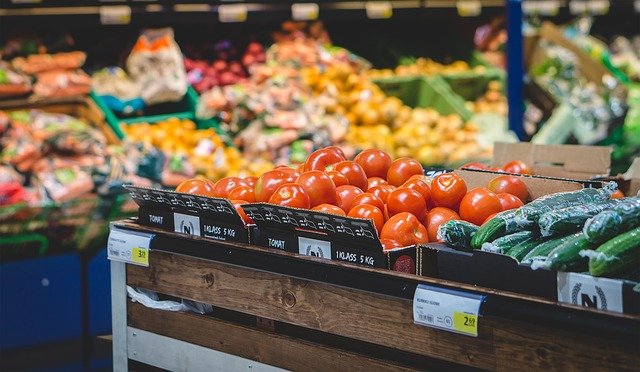
COPD is a long-term disease of the lungs which can cause shortness of breath.
It is a term for health conditions including emphysema, chronic bronchitis and chronic asthma which is irreversible.
People with COPD may find it hard to do food-related activities, such as grocery shopping, cooking, and eating meals.
Many patients experience dry mouth, stomach ache, and other pains that affect their appetite.
Because of these difficulties, people with COPD are hard to have a healthy diet and may suffer from malnutrition, which in turn could make COPD worse.
To help COPD patients have adequate nutrition from daily diet, the European Respiratory Society published a statement that a healthy/well-balanced diet is beneficial to all patients with COPD in 2014.
In the statement, scientists created “dietary resilience”, which aims to help COPD patients overcome food-related challenges.
In one study newly published, a group of scientists from the Netherlands and Canada explore the strategies used by patients with severe COPD in their daily life to overcome specific food-related challenges.
A total of 12 COPD patients were recruited in the study. All patients were 40 years old or older, diagnosed with COPD by a pulmonary physician, and had no serious cognitive impairments.
All the patients experienced two or more risk factors that could lead to malnutrition. The risk factors included loss of appetite, dry mouth, pain, shortness of breath and feeling lonely.
Researchers also recorded each patient’s dietary intake and measured their mental health, such as risk of depression and anxiety.
The researchers found that all the patients reported challenges with grocery shopping, cooking, and/or eating.
The grocery shopping was affected by chest tightness, weather conditions or lack of energy, which are the specific problems of COPD.
In addition, being overweight, feeling nervous or had limited financial resources also contributed to the problem.
To solve the problem, the patients often got help from others, adjusted to a slower pace, used a car or bike or trolley, or chose a time to avoid crowded situations.
The cooking was challenged by chest tightness, which was caused by cooking steam, immobility, lack of energy or no appetite.
To solve the problem, the patients used air-refreshing methods such as opening all windows or use of a cooking hood, chose food based on smell, adjusted to a slower pace, ate fast food now and then, prepare food for several days, ate ready-made meals or cooked one-pan dish.
As for eating meals, the challenges were from chest tightness, fatigue, dry mouth, and dislike of food smell.
To solve this problem, the patients created a pleasant atmosphere at dinner table with music or reading, ate meals with friends or family, drank with meal, used breathing tech, ate smaller portions, took extra time to eat, or looked ahead of future.
Based on the results, the researchers suggest that a dietary resilience program for COPD should encourage patents to want to be as healthy as possible, stay independent, and promote a sense of duty to oneself.
This type of program may help COPD patients keep a healthy diet and prevent malnutrition.
Copyright © 2018 Knowridge Science Report. All rights reserved.



